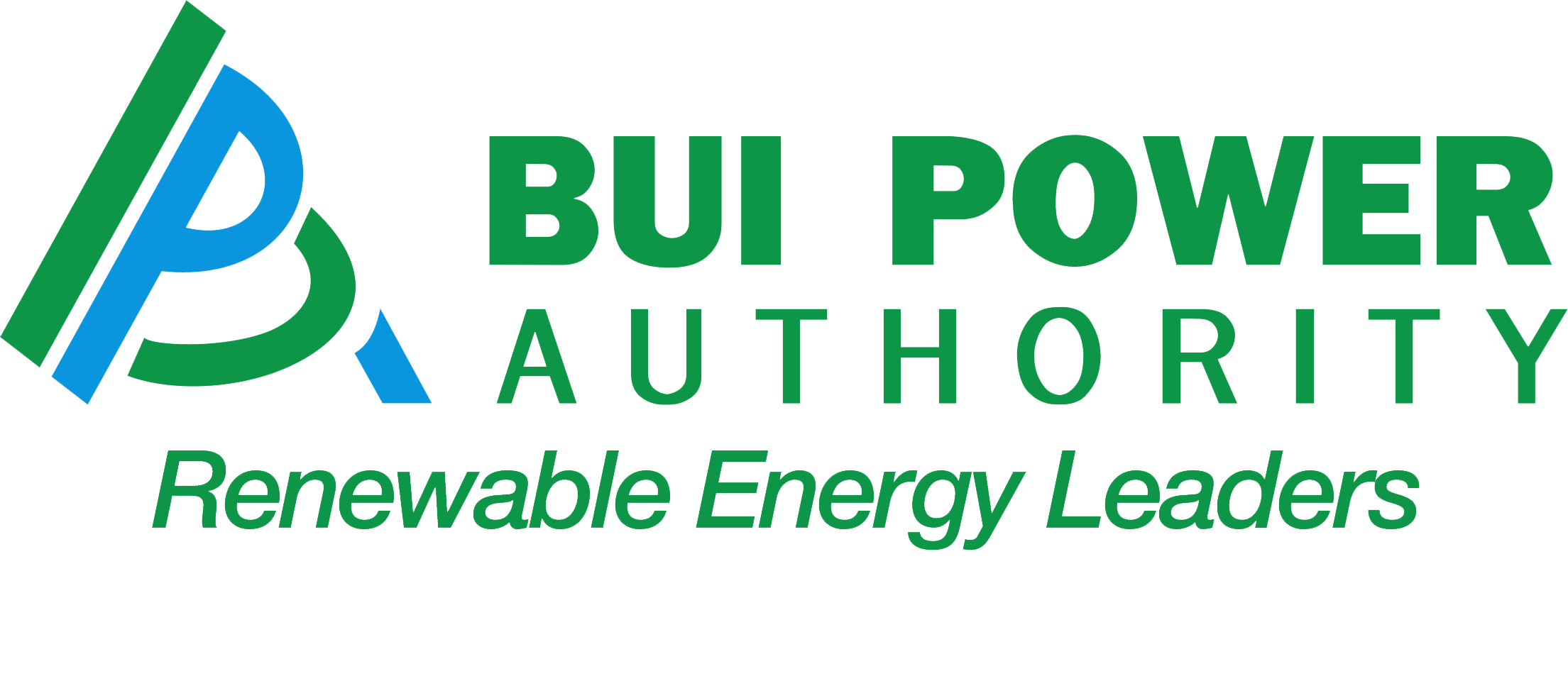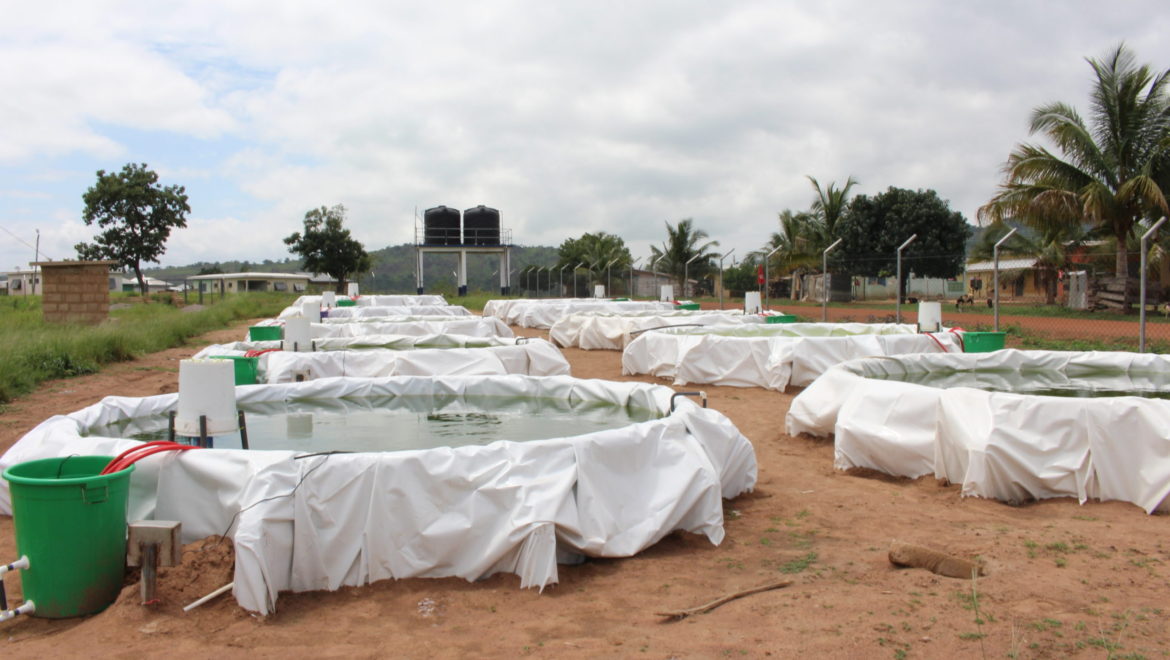The Bui Hydroelectric Project was initiated by the Government of Ghana in the year 2007 to construct a hydroelectric dam on the Black Volta at the Bui Gorge and develop lands around the Dam enclave into a great cosmopolitan city, thereby leveraging on the eco-tourism potential of the area and the lake formation to improve the socio-economic wellbeing of the inhabitants and the Nation as a whole. The development of the dam and its attendant creation of a reservoir, which inundated a land area of 109,744.4acres (444km2), affected eight (8) communities including part of the Game and Wildlife Camp.
BPA recognizes the significant effect of resettlement on the affected persons – disturbance of productive economy, loss of sources of income, loss or weakening of community systems and social networks, loss of cultural identity and traditional authority – and therefore structured its restoration programs on the cardinal principle of going beyond the regulations and requirements with the view to demonstrate in clear terms the benefits of the Project to the affected persons.
Thus, to restore Project Affected Persons to their former living conditions and improve their economic wellbeing, the following were undertaken;
- Implementation of support programs
- The use of local labor in the construction of the Bui Generating Station as far as practicable
- Implementation of methods to create HIV and STI awareness amongst construction workers
- Liaising with local community structure to identify local labor pool
- Enlisting the service of appropriate experts for development and implementation of appropriate livelihood improvement and sustainable plan
- Enhancement of existing livelihoods as far as possible
However, the effect of displacement is such that at times cash compensation and other short-term measures may not be effective to ensure that affected persons get back to their original status or better in terms of their earnings and productivity. Therefore, despite the implementation of the first livelihood programs to restore the economics of the PAPs, the people continue to rely on the freebies of the Authority.
To arrest the dependency situation thereby reducing their over reliance on the Authority’s benevolence and build up their resilience, a second phase of the LEP is being rolled out. The LEP 2, as it is referred, involves developing business modules and constituting PAPs into Groups of cooperatives to undertake jobs. The implementation approach is that groups of PAPs under each Module will be resourced with all required work tools/equipment, PPEs and facilities to fully set them up to undertake their respective independent businesses.
Moreover, some of the Modules, categorized as Service Providers will be providing services which the Authority requires in the immediate and thus will automatically subscribe to by offering service contracts to such Groups to undertake.
The Authority through its Livelihood Enhancement Programme has developed business modules and constituted the 816 eligible Project Affected Persons into Groups of Cooperatives to operate independent businesses. In total, twenty-three (23) Business Modules have been developed with operational requirements and approaches consisting 164-PAP groups. Additionally, BPA assisted them to register with the Registrar General’s Department as independent businesses and acquired Public Procurement Authority’s certificates to enter contracts with BPA and other organizations.
As contractors working for BPA, an estimated amount of Two Hundred Thousand Ghana Cedis (GHS200,000) is spent monthly as payments within the Resettlement Townships for services rendered to the Authority. The groups include Aquaponics Fishing and Fish Mongering, Vulcanizing Sanitation, Fumigation, Weeding/Landscaping/Fire Control, Lawn Maintenance, Car washing; Cleaning Services, Warehouse Maintenance and Event/Entertainment Management, Artisans; Animal Husbandry; Vegetable Farming; and Other Skills Learning.

